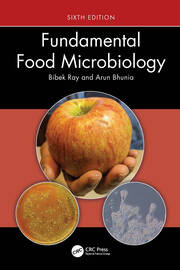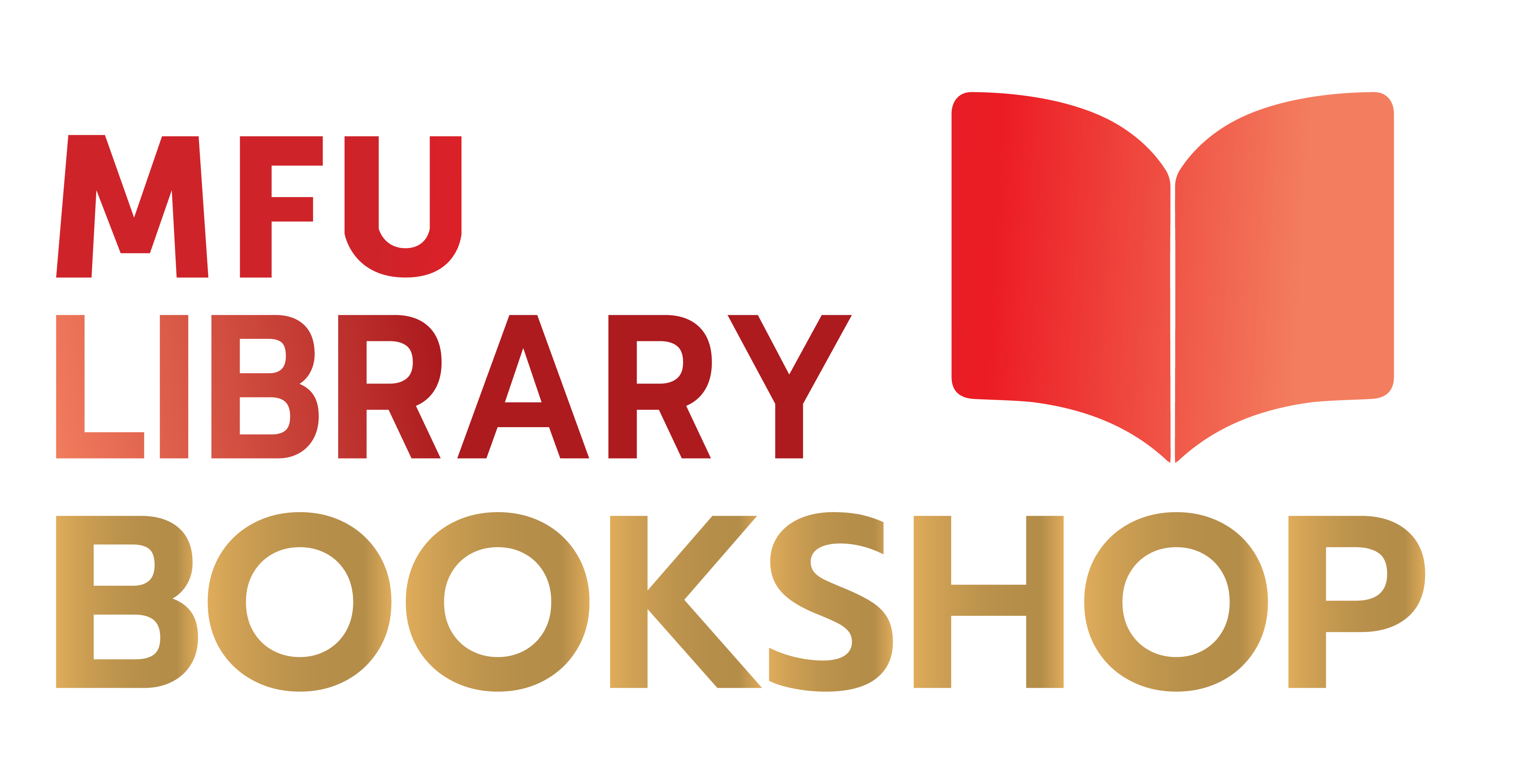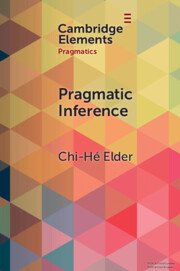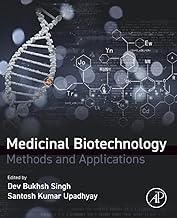
Book
Fundamental Food Microbiology
ISBN : 9781032376882
Author : Bibek Ray
Publisher : CRC
Year : 2025
Language : English
Type : Book
Description : Food microbiology has seen enormous growth in the last decade, fueled by the global pandemic of COVID-19 and continual routine outbreaks with traditional foodborne pathogens. In addition, climate change and global warming also affect agriculture and food production, in turn shifting microbial ecology. Such changes will affect pathogen behavior, spoilage, and microbial growth, impacting food safety and quality. Health-conscious consumers are also looking for foods with alternative protein sources from plants and insects, such as fermented, antioxidant, and micronutrient-rich superfoods. All three areas of food microbiology—beneficial, spoilage, and pathogenic microbiology—are expanding and progressing incredibly. What was once a simple process of counting colonies has become a sophisticated process of sequencing complete genomes, gene editing, and biotechnology for starter cultures and probiotics improvement and application of sophisticated analytical tools for microbial analysis. Fundamental Food Microbiology, Sixth Edition captures these developments and broadens coverage of foodborne disease mechanisms, spoilage microbes, and microbial inactivation strategies. Written by experts with approximately sixty years of combined experience, the book provides an in-depth understanding of how to reduce microbial food spoilage, improve intervention technologies, and develop effective control methods for different types of foods. See What’s New in the Sixth Edition Condensed chapter descriptions with illustrations CRISPR/Cas system for gene editing Novel food processing technologies, including plasma and micro/nanobubble technologies Food radiation and hurdle concept chapters are merged and overhauled Comprehensive list of mycotoxins and seafood-related toxins Updates on several new antimicrobial compounds from animal and plant sources Maintaining the high standard set by the previous bestselling editions, and based on feedback from students and professors, this new edition includes even more easy-to-follow figures and illustrations. The chapters are presented logically, connecting the information and allowing students to understand and retain the concepts presented easily. These features make this a comprehensive introductory text for undergraduates and a valuable reference for graduate-level and working professionals in food microbiology, food safety, or food technology.








